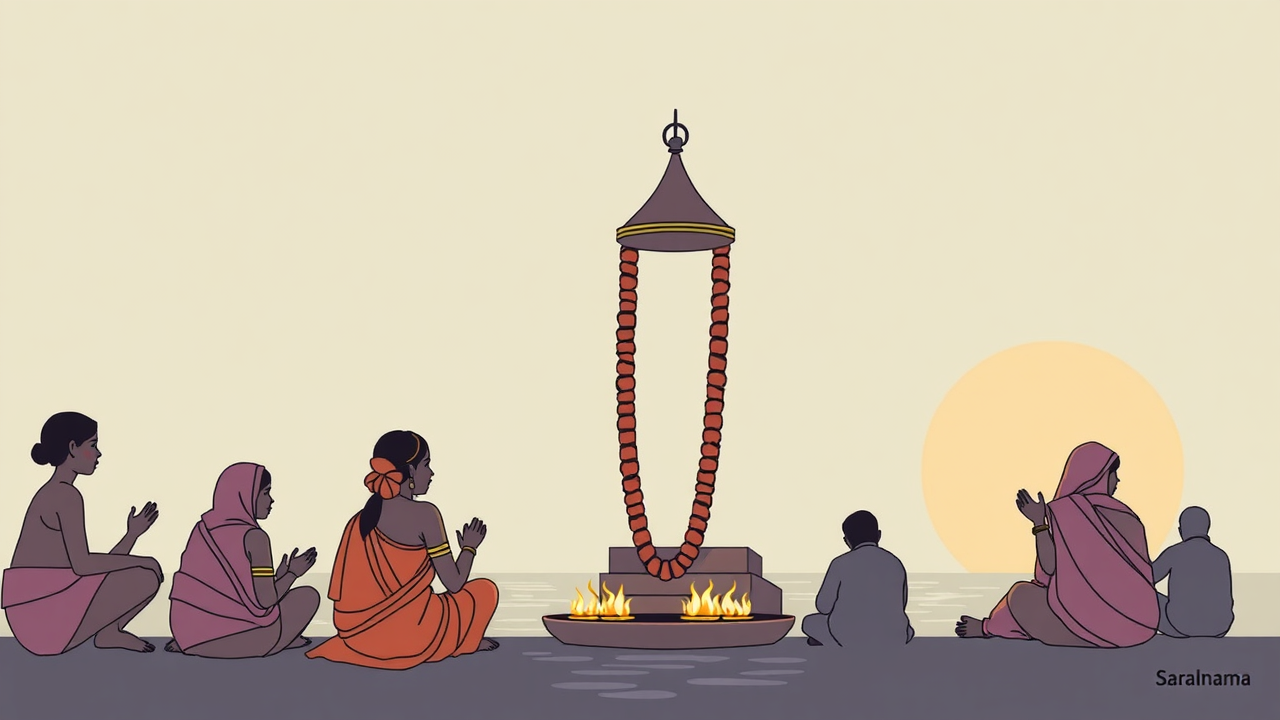As Bihar wrapped up the Chhath festival on the morning of Tuesday, devotees gathered at ghats across Patna to offer prayers to the rising sun. Women, many fasting since Monday morning, stood waist-deep in the Ganga, marking the end of the state's biggest celebration. With the festival concluded, attention now shifts sharply to the upcoming elections. Conversations along the riverbanks reveal a complex picture: gratitude for infrastructure and welfare schemes under Chief Minister Nitish Kumar, tempered by concerns about healthcare, education, and jobs. Women voters, numbering around 3.5 crore or nearly half of Bihar's 7.42 crore electorate, are especially significant. Many credit Nitish for transforming roads, connectivity, and self-help initiatives like JEEViKA, introduced in 2006. Yet younger voters and some marginalised communities express frustration over limited opportunities, forcing many to migrate for work and study. Opposition parties, including the RJD and new entrant Jan Suraaj's Prashant Kishor, are trying to tap into this discontent. In NDA strongholds like Digha and Bankipur, where women voters are particularly numerous, the election is shaping up as a test of whether development promises can outweigh demands for more jobs, better education, and improved healthcare. Polling is scheduled for November 6 and 11.

Infrastructure and Welfare Wins Praise
Many women devotees at Patna's ghats spoke warmly of the changes under Nitish Kumar, who first became Chief Minister nearly 20 years ago. Sarda Devi, 35, recalled how the area around Digha Ghat was once farmland accessible only by local trains. Road projects like Atal Path and JP Ganga Path have since transformed connectivity. She also praised the JEEViKA self-help group programme, launched in 2006, which now has approximately 1.35 crore women as members. Radha, 29, described JEEViKA as a lifeline, enabling her to work at a community kitchen and earn Rs 8,000 monthly, bringing stability her family lacked with irregular daily wages. Putul Devi highlighted the recent Mukhyamantri Mahila Samman Yojana, under which she received Rs 10,000 for farming investment.
Jobs, Healthcare, and Education Gaps Persist
Despite acknowledging progress, voters pointed to unfinished business. An unnamed woman in her late 50s noted that serious medical cases still require travel outside the state. Shweta Singh, 46, from Bankipur, confirmed improved safety for women but said both her engineering sons study outside Bihar—one in Noida, another in Bengaluru—due to limited job prospects at home. A 21-year-old first-time voter switched from Patna University to Delhi University in 2023, citing better resources and opportunities for internships. She expressed interest in Prashant Kishor of Jan Suraaj, whose focus on jobs and education resonates with youth. Meena Devi, 65, from Digha, lamented that her three sons work in factories in Delhi and Punjab, as local employment remains scarce.
Women Voters Hold the Key in NDA Strongholds
Both Digha and Bankipur are NDA bastions. The BJP has fielded sitting MLAs—Nitin Nabin in Bankipur, a three-time winner since 2010, and Sanjeev Chaurasia in Digha, a two-term legislator. Digha has the highest number of women voters in Patna at 2.17 lakh, while Bankipur counts 1.78 lakh. Women make up nearly 50 percent of Bihar's total electorate. Many remain loyal to Nitish due to welfare schemes introduced since his first term. However, the Opposition Mahagathbandhan is fielding women candidates—CPI (M-L) Liberation's Divya Gautam in Digha and RJD's Rekha Gupta in Bankipur—hoping to appeal to voters seeking better representation. Meena Devi suggested women MLAs might address concerns more effectively, just as women have joined the police force.
Source: Link
